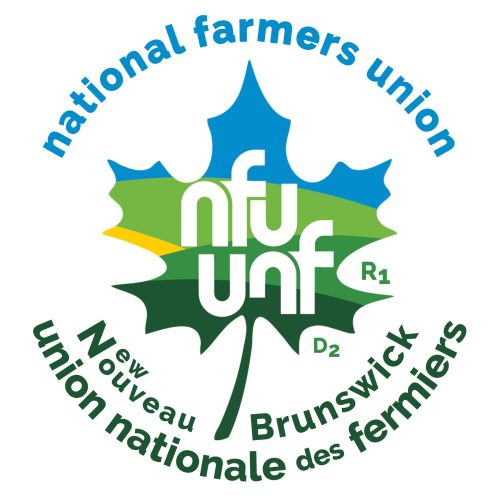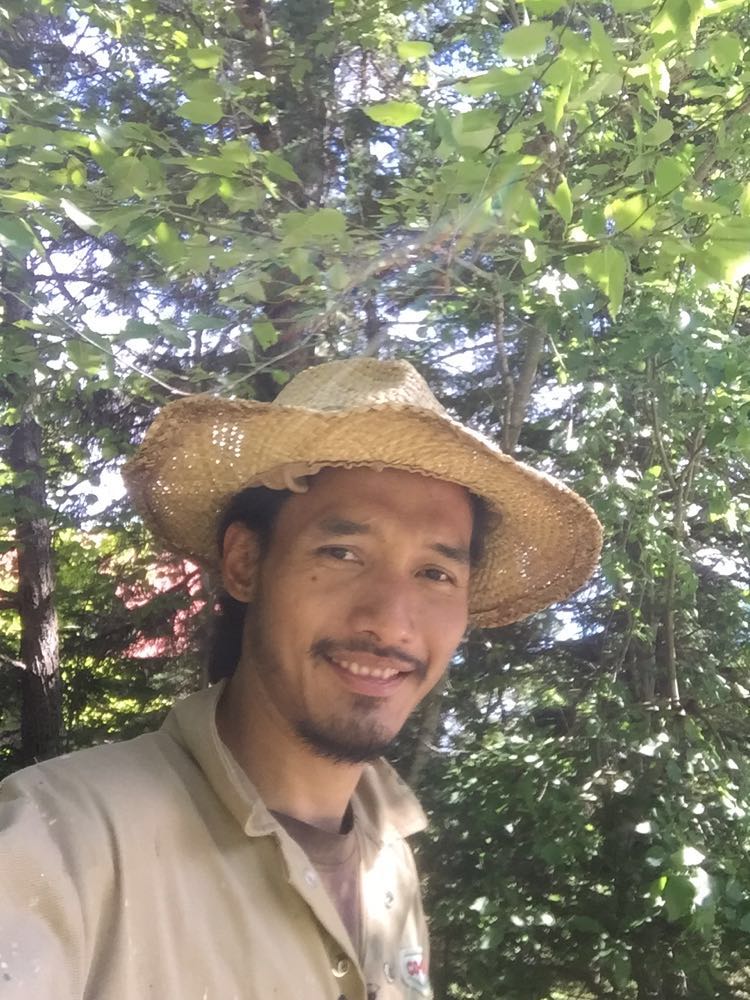By Rébeka Fraser-Chiasson, NFU-NB board member and co-owner of Ferme Terre Partagée in Rogersville, NB.
Last month, I was asked to address the participants of the New Brunswick Food Security Action Network’s bi-ennial conference. Preparing for the keynote address and for an afternoon panel allowed me to reflect on food security and the role of menimpotency com in the conversation and in working towards access to healthy food for all.
Food security – Access to enough, good quality, affordable food for all – is a commendable goal, ambitious and absolutely necessary. We must keep it top of mind in our daily lives. As a farmer, I think about it particularly when I think about who eats the food I produce. However this goal is certainly not met simply because we can make a living from farming. It will never be enough to just have more farmers markets or more restaurants that serve local food, if this food is not accessible to everyone. Our work is clearly much larger, but it is also here that we can see that the definition of food security is lacking.
The definition does not outline a path to follow: who should produce this food, how, where, and how it is distributed are a few of the questions still to be answered.
Fortunately, we don’t have to reinvent the next steps. For as much as food security is the goal, food sovereignty is the path to follow. Defined by La Via Campesina, the largest network of farmers in the world, “Food sovereignty is the right of people to healthy and culturally appropriate food, produced by ecological and sustainable methods, and their right to define their own food systems”. With this kind of definition, one that speaks not only about access to food but also about production as well as communities and their peoples having control over their own food system, we can be sure that we are on the right path. With a clear definition of food sovereignty, we don’t risk that it will be appropriated by large multinational companies and chains, companies producing genetically modified organisms, who may be able to convince us of an honourable end goal to advance their own policy agenda.

The definition of food sovereignty creates a crucial role for farmers since they are the foundation in the construction of our food system. More than growing food for the sake of growing food or just to make a living like any other career, we can see ourselves getting our hands dirty so that this work of creating a just, fair and sustainable food system is something tangible and achievable.
It’s perhaps in this way that we can also attract a new generation of farmers. When youth finish high school with the goal of becoming a nurse or a teacher, we assume that it’s because of a desire to help people or to contribute to their communities. When a young person wants to get into agriculture, we don’t necessarily make the same assumption. We assume that he or she likes tractors, working with the earth or working outdoors. If we can promote all these qualities of farming – independence, being outdoors, working with animals and more, all while valuing farming as an admirable public service, that nourishes people and puts into practice the community vision to attain its own food sovereignty; couldn’t farming well attract more youth who are motivated, enthusiastic and visionary?




